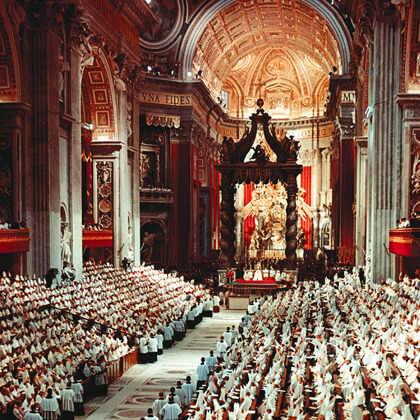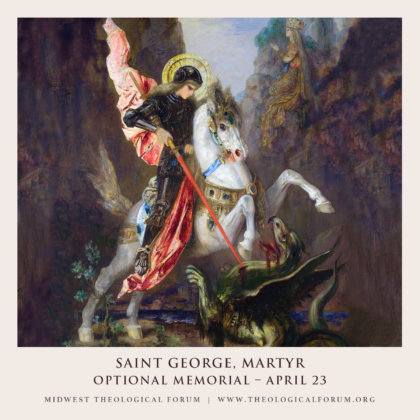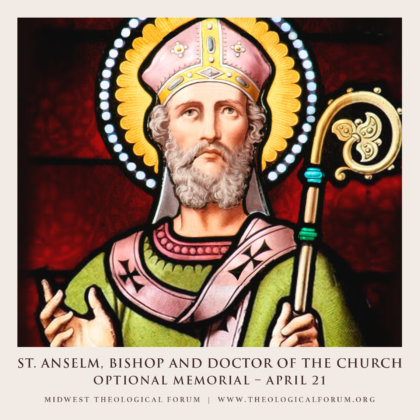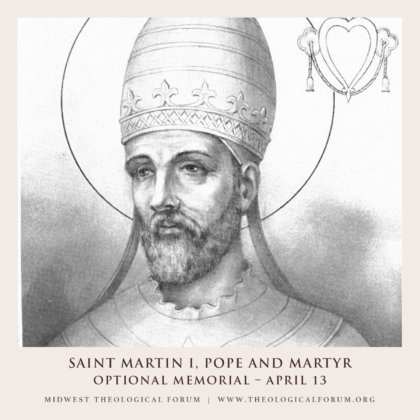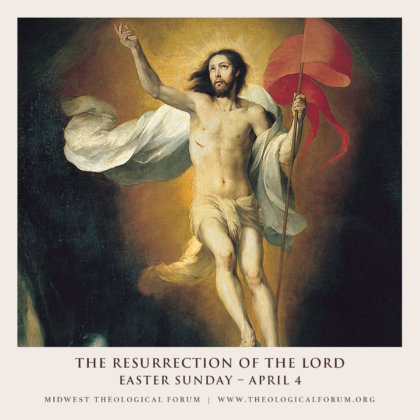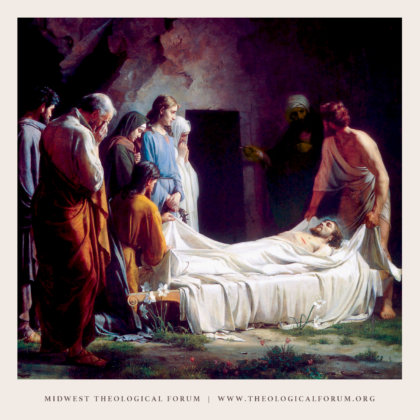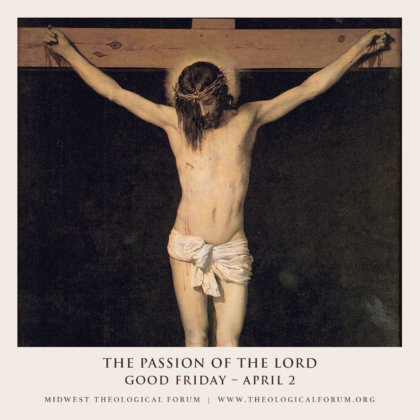*** *** *** As a Roman soldier under Diocletian, St. George (d. 303) refused to follow the Emperor’s edict against Christians, nor would he renounce his own faith.
~ The story of St. George is quite similar to that of his fellow Christians martyred under Diocletian’s notorious rule, but for one famous tale… that of St. George courageously slaying a dragon to protect the village people and a princess from being sacrificed. ‘The dragon’ would not appear though until many centuries after his […]

